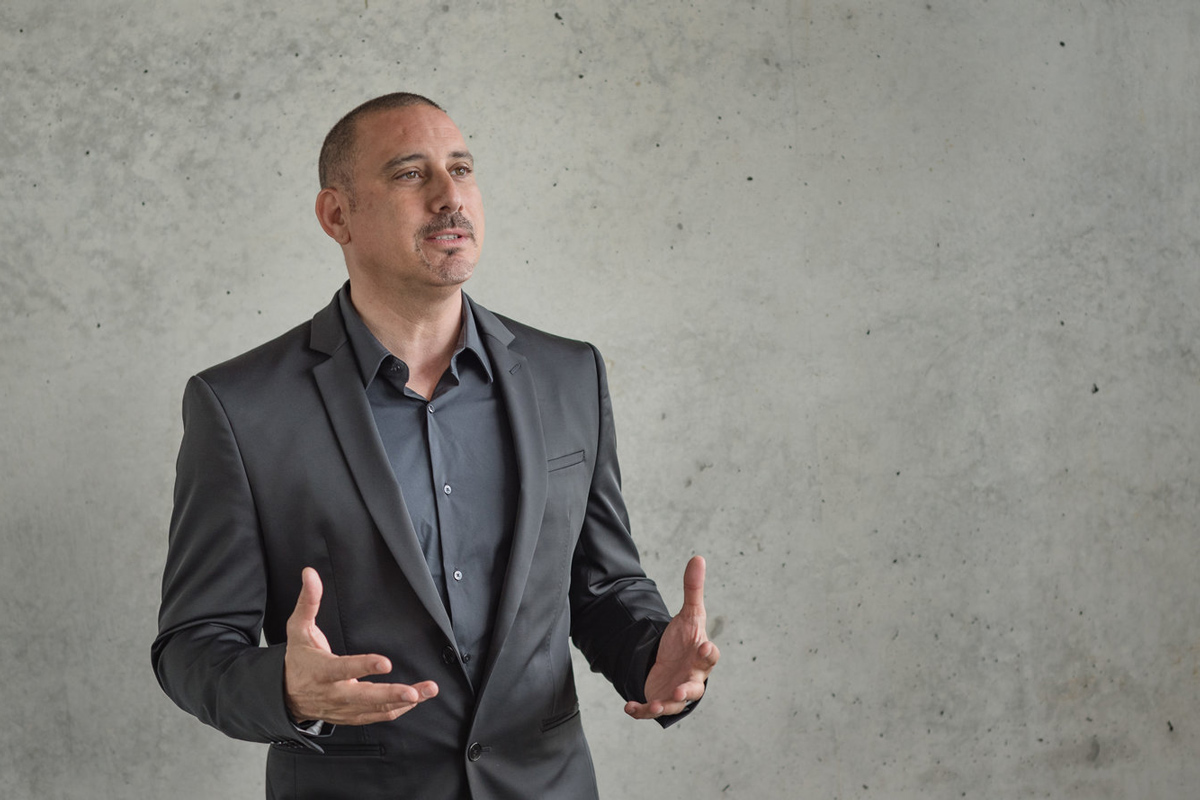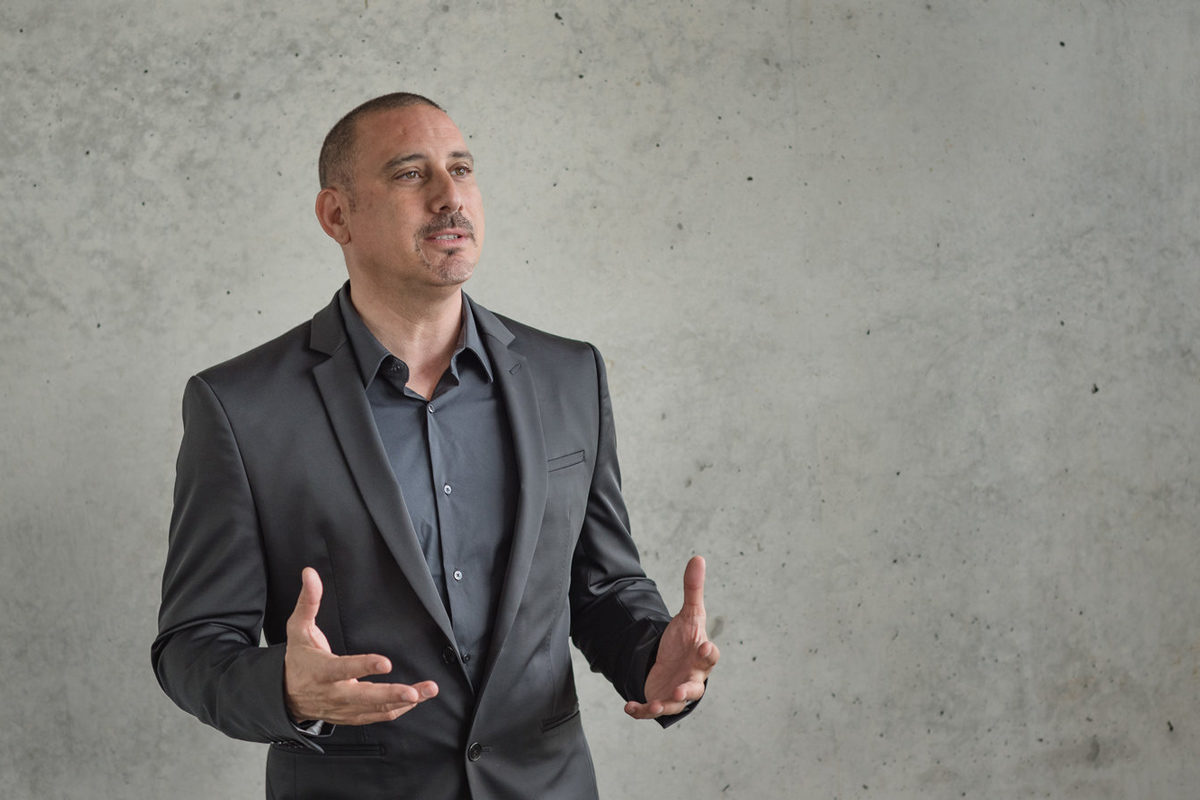
ISUH is a critical organization that brings together people from around the world doing specific activities related to urban health.
Episode Abstract
Dr. Jason Corburn is a member of the ISUH Board. He is committed to engaged scholarship, by which he means using research and academic resources to promote change, particularly social justice. He sees ISUH as a critical organization because it brings together people from around the world doing specific activities related to urban health. His joining the ISUH board has been a great opportunity for him to connect globally with a whole host of practitioners.
Dr. Corburn likes the term “urban health influencer” and sees significant ways in which his work is influencing urban health. As an academic he runs the Center for Global Healthy Cities at UC Berkeley. The Center focuses on policy that facilitates changes in urban communities and neighborhoods – who benefits and how changes impact wellbeing. The second is building local collaborations and partnerships focused on reducing inequalities in urban neighborhoods and how people live. Focus on intra city work and those ways engaging the world around these issues.
Professor Corburn views ISUH’s role in the context of his work as providing opportunities for bringing people together to dialog – likes the way the conference has evolved in bringing both researches and practitioners together – transdisciplinary activities focused on problem solving. Another area is rethinking education. We need a new set of practitioners for the 21st century city. The city is vastly changing, with new technologies, and increased inequalities and so we need to train people in new ways for dealing with these new challenges – preparing people to be change agents. Dr. Corburn sees the education workshop that he co-leads as being instrumental in helping to propel this change. The idea is that we want to think cross-culturally, different learning styles, different ways in which we can teach and train folks – focused on new ways to include the urban core and community members in cities who are the ones suffering the most around inequalities in cities. Three key things are being focused on: (1) developing a web-based platform where people can access different training; (2) bringing people together for training at each conference with a specific theme; and (3) figuring out how to bring this back to universities around the world to support education and training in urban health.
Guest Bio
Dr. Corburn is a Professor at the University of California, Berkeley, jointly appointed in the Department of City & Regional Planning and the School of Public Health. he directs Berkeley's Institute of Urban and Regional Development, the joint Master of City Planning (MCP) and Master of Public Health (MPH) degree program and leads the Center for Global Healthy Cities. His research focuses on the links between environmental health and social justice in cities, notions of expertise in science-based policy making, and the role of local knowledge in addressing environmental and public health problems. He is currently working on developing a strategy for integrating health equity into all decision making in city governance, drafting and implementing integrated upgrading plans for informal settlements and researching metrics and indicators for urban health equity. He is a practitioner and researcher focused on promoting greater health equity in cities and linking city planning and public health. His work helps build partnerships between urban residents, professional scientists and decision-makers in order to collaboratively generate policy and planning solutions that improve the qualities of cities and the well-being of residents, particularly the poor and people of color.
He is committed to engaged scholarship, by which he means using research and the resources of the university to promote change, particularly social justice. In his own work, this most often happens through partnerships with community-based organizations and governments, but also includes foundations and international agencies. See his Projects page for more details. He has received numerous awards for his work, including the United Nations Association Global Citizenship Award, the 2016 UC Berkeley Chancellor's Award for Public Service in Teaching, the Paul Davidoff Book Award for Street Science, and a Health Policy Investigator Award from the Robert Wood Johnson Foundation. He was also a fellow at Harvard Law School, Program on Negotiation when he was a doctoral student at MIT.


